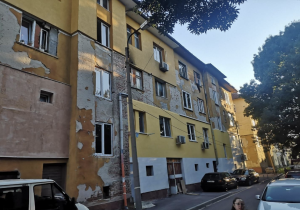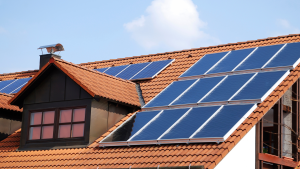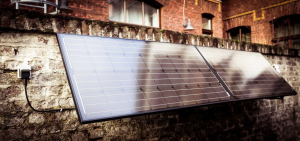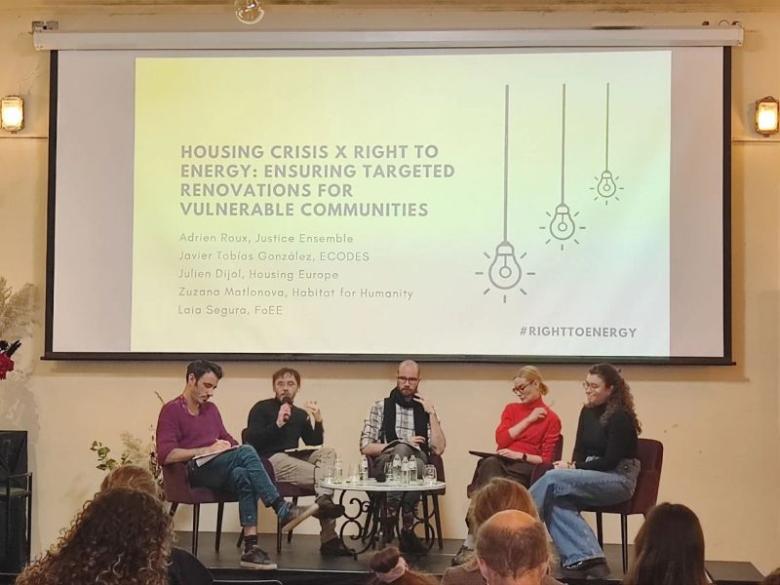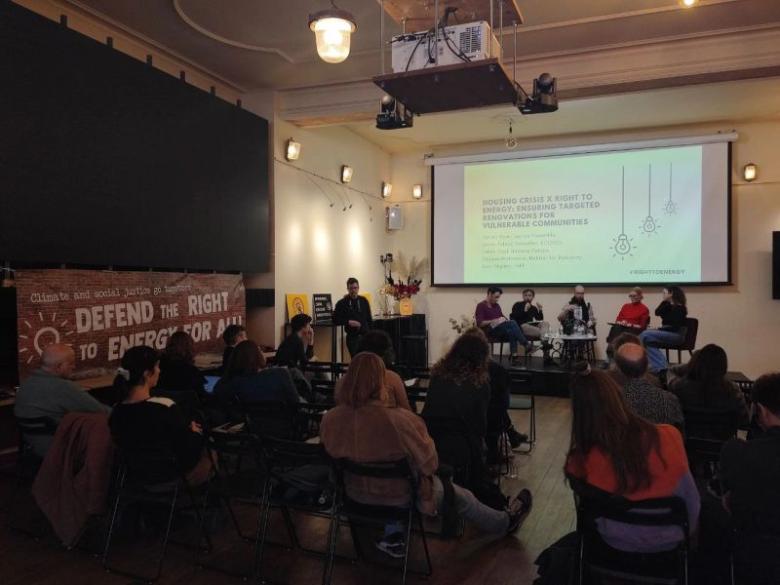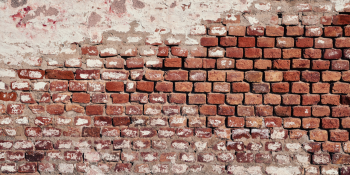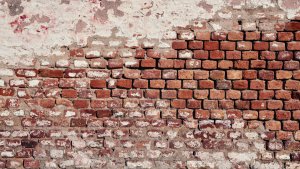Unlocking Lithuania’s Renewable Energy Potential
Lithuania has made significant strides toward achieving a climate-neutral economy by 2050, with renewable energy (RE) at the heart of this transition. However, while the country continues to expand its RE capacity, some key challenges remain—especially for homeowners in multi-family buildings. A recent study highlights how legal, financial, and informational barriers are slowing the adoption of small-scale renewable energy solutions, despite a growing interest in energy efficiency upgrades. The research is part of the SUNRISE project.
Lithuania has made significant strides toward achieving a climate-neutral economy by 2050, with renewable energy (RE) at the heart of this transition. However, while the country continues to expand its RE capacity, some key challenges remain—especially for homeowners in multi-family buildings. A recent study highlights how legal, financial, and informational barriers are slowing the adoption of small-scale renewable energy solutions, despite a growing interest in energy efficiency upgrades.
The research is part of the SUNRISE project.
Funded by the European Climate Initiative (EUKI), the project is focused on supporting the deployment of solar power installations in multi-family buildings across North Macedonia, Bulgaria, and Lithuania. Running from 01.11.2022 to 30.04.2025, the project is led by Initiative for Housing in Eastern Europe (IWO) in partnership with Habitat Bulgaria, Lithuanian Consumers Alliance (LCA), Habitat for Humanity International (HFHI), German Solar Energy Company (DGS), and Habitat Macedonia.
Challenges for Multi-Family Buildings
Multi-family buildings make up nearly 50% of Lithuania’s housing stock, presenting a major opportunity for implementing smaller RE solutions like solar water heaters, heat pumps, and rooftop PV systems.
However, several factors complicate the process:
- Complex decision-making – Unlike single-family homes, these buildings require approval from multiple owners, making it difficult to reach consensus on energy renovations.
- Regulatory hurdles – Permitting processes can be lengthy and complicated, discouraging homeowners from pursuing RE investments.
- Financial constraints – While homeowners recognize the long-term benefits of RE, many struggle with the high upfront costs and lack awareness of available subsidies or low-interest loans.
- Limited knowledge – Even as general awareness of RE grows, many homeowners lack technical knowledge about system performance, costs, and maintenance.
What Motivates Homeowners to Invest in Renewable Energy?
Despite these challenges, the research shows that financial benefits are the strongest motivator for RE adoption. Homeowners are primarily interested in lowering their energy bills, reducing environmental impact, and increasing property value. However, the relatively low cost of electricity for shared building needs means that without state support, many remain hesitant to invest.
Another key finding is the critical role of homeowner association (HOA) leaders in driving change. Targeted training programs can equip HOA chairs with accurate, practical information on financing options, administrative procedures, and technology benefits, enabling them to guide their communities toward informed decisions.
Accelerating Renewable Energy Adoption in Lithuania
To unlock the full potential of RE in Lithuania’s multi-family buildings, a multi-faceted approach is needed:
- Simplifying administrative procedures – Reducing bureaucratic barriers and streamlining permitting processes to make RE adoption more accessible.
- Expanding financial support – Increasing grants, subsidies, and low-interest loans to help cover installation costs.
- Enhancing information accessibility – Developing targeted awareness campaigns and training HOA leaders to share RE knowledge effectively.
- Strengthening grid infrastructure – Addressing technical limitations that prevent easy integration of RE solutions into existing energy networks.
Building a Sustainable Future
Lithuania’s renewable energy adoption depends on proactive policy changes, financial accessibility, and community engagement.
By removing barriers and providing the right support, the SUNRISE project is building a cleaner, more energy-efficient future.

Unlocking Lithuania’s Renewable Energy Potential
Overcoming Regulatory Barriers and Empowering Multi-Family Buildings
